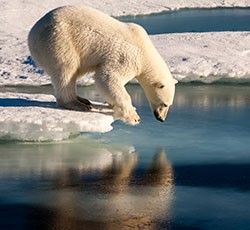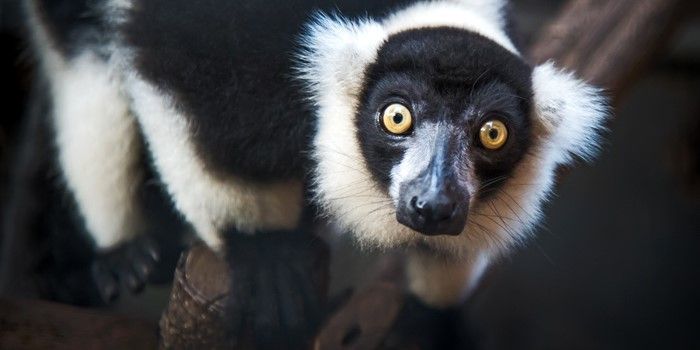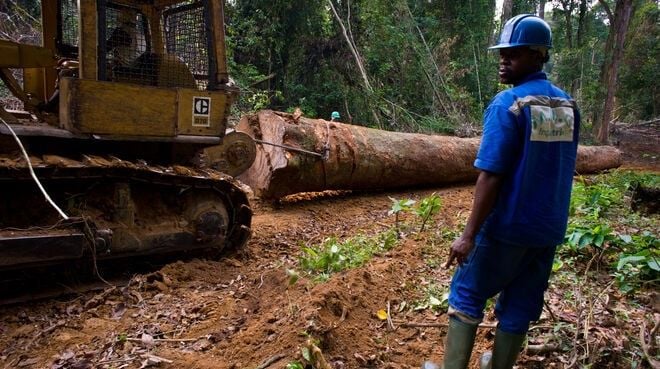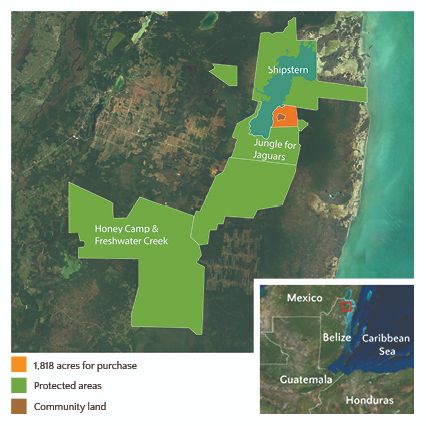Tell These Big US Banks That Arctic Drilling Is Bad Business!
Posted on
|
The Sierra Club (a grassroots environmental organisation in the US) has announced that there’s big, exciting news from a bank! JPMorgan Chase have announced at its annual Investor Day that:
The bank is by far the leading US investor in fossil fuels, and environmentalists and indigenous peoples have put pressure on the bank for years trying to move away from projects which threaten the climate. They promised to stop investing in and providing services to companies which derive “the majority of their revenues from the extraction of coal” by 2024, and not to provide financing to offshore and onshore oil and gas extraction in the Arctic Goldman Sachs also made a similar commitment not to financial oil drilling in the Arctic two months ago. Now, it’s vital that we put the pressure on other big banks to follow suit. I wonder... Could their executives and shareholders live with themselves if there was an accident drilling for oil and gas in the Arctic which they had agreed to finance? It only takes ONE spill to do unrepairable damage. As the Sierra Club say, “Clean air, safe drinking water, wildlife and wild places are under attack-and once they're gone, they're gone for good.”
The Sierra Club say that banks worldwide are refusing to fund Arctic drilling. Some US banks are dragging their feet. But Goldman Sachs have done it; they were the trail-finders who have ruled out financing Arctic oil and gas drilling, thermal coal mines and coal-fired power projects around the world. Thank you, everyone at Goldman Sachs. Sierra Club Big banks don’t want to fall behind on industry trends. The Sierra Club is asking us all to focus our efforts on the other US funders which, they say, are notorious for propping up dirty fuels: Wells Fargo, Citi, JP Morgan Chase, Bank of America, and Morgan Stanley. The Sierra Club are asking everyone to: Send a message to the CEOs of the other major US banks, telling them that bankrolling Arctic drilling isn’t just bad business -- it’s a threat to Indigenous human rights and to the climate. Add your name here and you can send a message too, if you want to add power to it. Let’s all fight for wildlife and indigenous peoples and drill hard and deep for change in the right direction. Let’s put pressure on.
|



